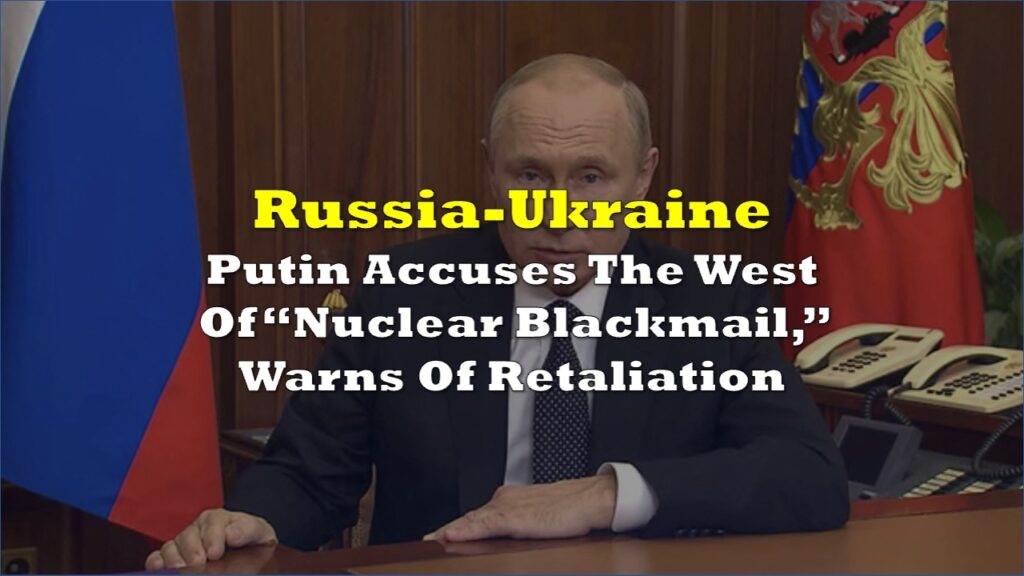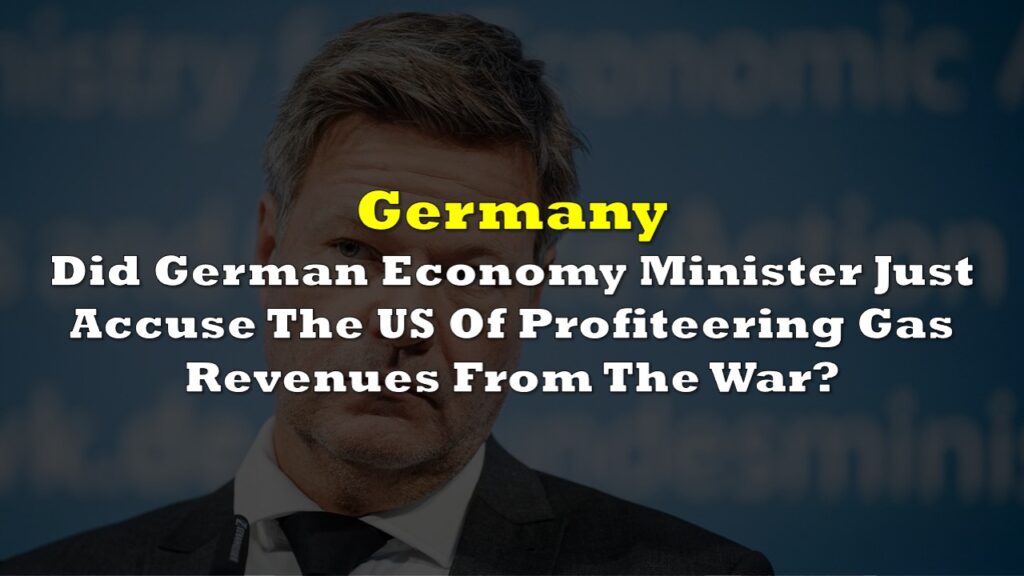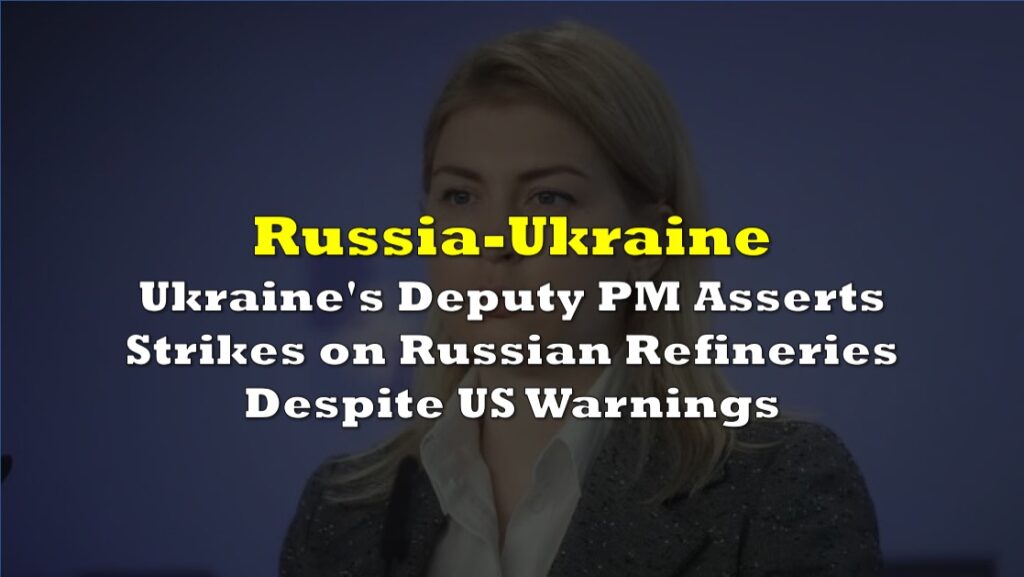Is Russia preparing to launch a nuclear weapon into space or is the US using this information to help push funding for Ukraine?
On Tuesday Reuters reported, citing sources familiar with the matter, that the US believes that Russia is developing a space-based anti-satellite nuclear weapon “whose detonation could disrupt everything from military communications to phone-based ride services.”
Around the same time, Bloomberg reported, also citing unnamed sources familiar with the matter, that the US has been warning its allies that Russia could launch said weapon or a mock warhead into space as early as this year.
Both reports come shortly after the White House, via National Security Council Coordinator for Strategic Communications John Kirby, confirmed Russia’s pursuit of such technology. The weapon, while it doesn’t put humans in direct harm, could wreak havoc in communications systems on Earth — destroying thousands of government and commercials satellites used for a huge number of purposes from military communications to internet and phone connections.
It also violates the 1967 Outer Space Treaty — and Russia is a signatory.
But Russia, not surprisingly, denies these claims.
“Our position is clear and transparent: We have always been categorically against and are now against the deployment of nuclear weapons in space,” Russian President Vladimir Putin told Sergei Shoigu, his defence minister, in a televised meeting.
“We urge not only compliance with all agreements that exist in this area, but also offered to strengthen this joint work many times,” adding that Russia is “doing in space only what other countries have, including the United States.”
In the meeting, Shoigu accused the White House of using the space nuke narrative to scare US lawmakers into giving aid to Ukraine as part of larger plan to “inflict a strategic defeat” on Russia.
“Firstly, there are no such projects — nuclear weapons in space. Secondly, the United States knows that this does not exist,” Shoigu said. He also said that the second reason for the space nuke “leak” was to encourage Russia to engage in talks about strategic stability.
“If they seek to inflict a strategic defeat on us, then we must think about what strategic stability means for our country,” Putin said. “Therefore, we do not reject anything, we do not give up anything, but we need to figure out what they want. They usually want to achieve unilateral advantages. That’s not going to happen.”
In February last year, Putin announced his decision to suspend the 2010 New Strategic Arms Reduction Treaty (New START). This treaty was the last accord that limited the number of nuclear weapons signatory countries — e.g. Russia and the US — can have. His condition to resume treaty activities, which included data sharing, was for the US to cut off support for Ukraine and to bring in the United Kingdom and France into arms control talks.
Experts warn that if Russia’s space nuke turns out to be true, and if Russia exits the Outer Space Treaty, it “could open the floodgates for other countries to put nuclear weapons in space.” And these space nukes can do “more than take out satellites,” Steven Andreasen, a nuclear analyst with the University of Minnesota’s Humphrey School of Public Affairs, told the New York Times.
Information for this story was found via Bloomberg, Reuters, the New York Times, and the sources and companies mentioned. The author has no securities or affiliations related to the organizations discussed. Not a recommendation to buy or sell. Always do additional research and consult a professional before purchasing a security. The author holds no licenses.









